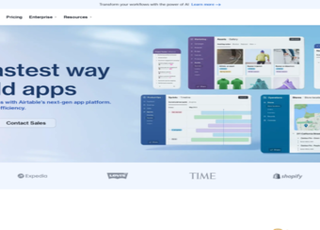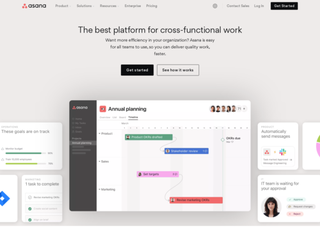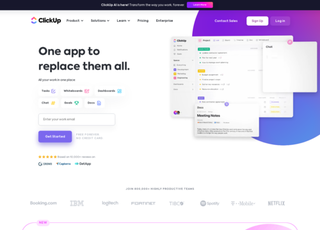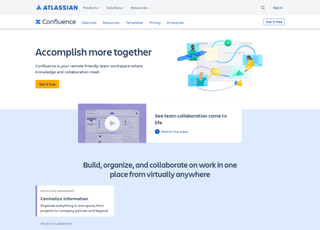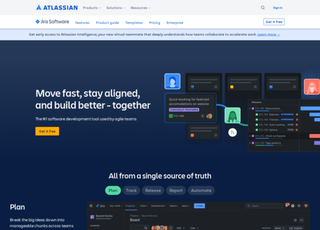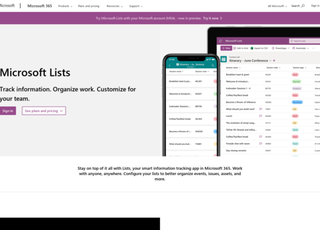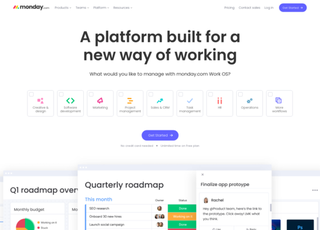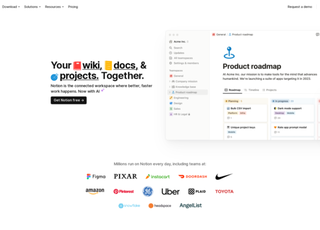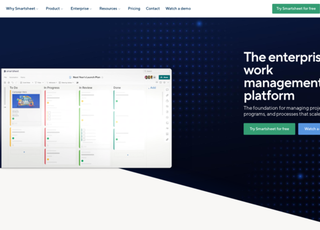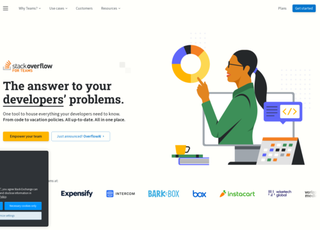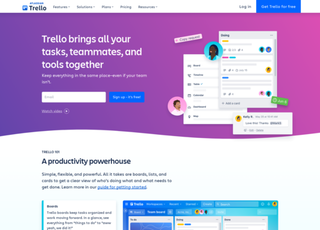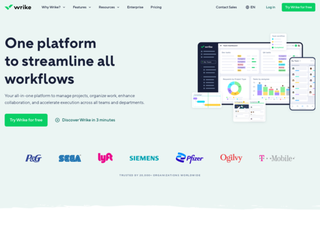Airtable
https://www.airtable.com/Airtable
Airtable is an innovative and versatile cloud-based platform that blends features of a database and a spreadsheet. It's designed to provide the structured data organization of a database with the user-friendly interface of a spreadsheet. This makes it an ideal tool for a wide range of applications, from project management and inventory tracking to planning events and managing customer relationships.
At its core, Airtable allows users to create tables for different purposes. Each table is made up of rows (referred to as "records") and columns (known as "fields"). These fields can hold various types of data, such as text, numbers, files, and even links to records in other tables, enabling a relational database structure. This relational aspect is particularly powerful, as it allows for the linking of related information across different tables, much like a traditional database.
One of Airtable's standout features is its customization capabilities. Users can tailor their tables with different field types, such as checkboxes, dropdown lists, date pickers, and more. This flexibility ensures that Airtable can be adapted to suit a wide array of needs and industries.
Collaboration is another key aspect of Airtable. Multiple users can work on the same base (a collection of related tables), making it an excellent tool for team projects. Changes are synced in real-time, ensuring everyone has the most up-to-date information.
Airtable also offers a variety of views to visualize data. Beyond the default grid view (similar to a spreadsheet), there are options like Kanban boards, calendar views, and gallery views, which are particularly useful for visualizing tasks, schedules, and other items in a more graphical way.
Integrations and automation play a significant role in Airtable's functionality. The platform can connect with numerous other apps and services, such as Slack, Google Drive, and various social media platforms, to streamline workflows. Airtable's own scripting and automation tools enable users to create custom scripts and automated actions to reduce repetitive tasks.
Lastly, Airtable offers different plans, including a free tier with basic features, making it accessible for individuals and small teams. Higher-tier plans offer more advanced features like a larger number of records per base, more automation and integration options, and enhanced support.
Airtable's adaptability extends to its user interface, which is intuitive and easy to navigate, even for those without technical expertise. This user-friendliness is a significant advantage, as it lowers the barrier to entry for using database-like functionality and makes complex data organization more accessible.
Another notable feature of Airtable is its robust API (Application Programming Interface), which opens up a world of possibilities for developers. The API allows for integration with custom applications, enabling teams to connect Airtable with their existing tools and workflows. This feature is particularly useful for businesses that need to automate and synchronize data across various platforms.
Airtable also places a strong emphasis on mobile accessibility. With its mobile apps for iOS and Android, users can access, edit, and manage their data on the go, which is a significant advantage for professionals who need to work remotely or in the field.
The platform's emphasis on visual aesthetics is also noteworthy. Unlike traditional databases that can be visually overwhelming and complex, Airtable's interface is clean and modern, with an emphasis on ease of use. This makes the platform not only functional but also enjoyable to use.
In terms of security, Airtable offers robust measures to protect data. This includes options for two-factor authentication, permissions settings at various levels (base, table, view), and regular backups to ensure data integrity. For businesses concerned about data security and compliance, these features are crucial.
Airtable is also known for its vibrant community and extensive resources for learning and support. From detailed guides and tutorials to an active community forum, users have access to a wealth of information to help them maximize the platform's potential.
Lastly, Airtable’s scalability should be highlighted. It's suitable for individuals managing personal projects as well as large enterprises handling complex data systems. This scalability, combined with its wide array of features, makes Airtable a versatile tool that can grow and adapt with the changing needs of its users.
Airtable stands out as a unique and powerful tool that bridges the gap between spreadsheets and databases. Its ease of use, customization, collaborative features, integration capabilities, and strong community support make it a popular choice for a diverse range of users and applications.




















